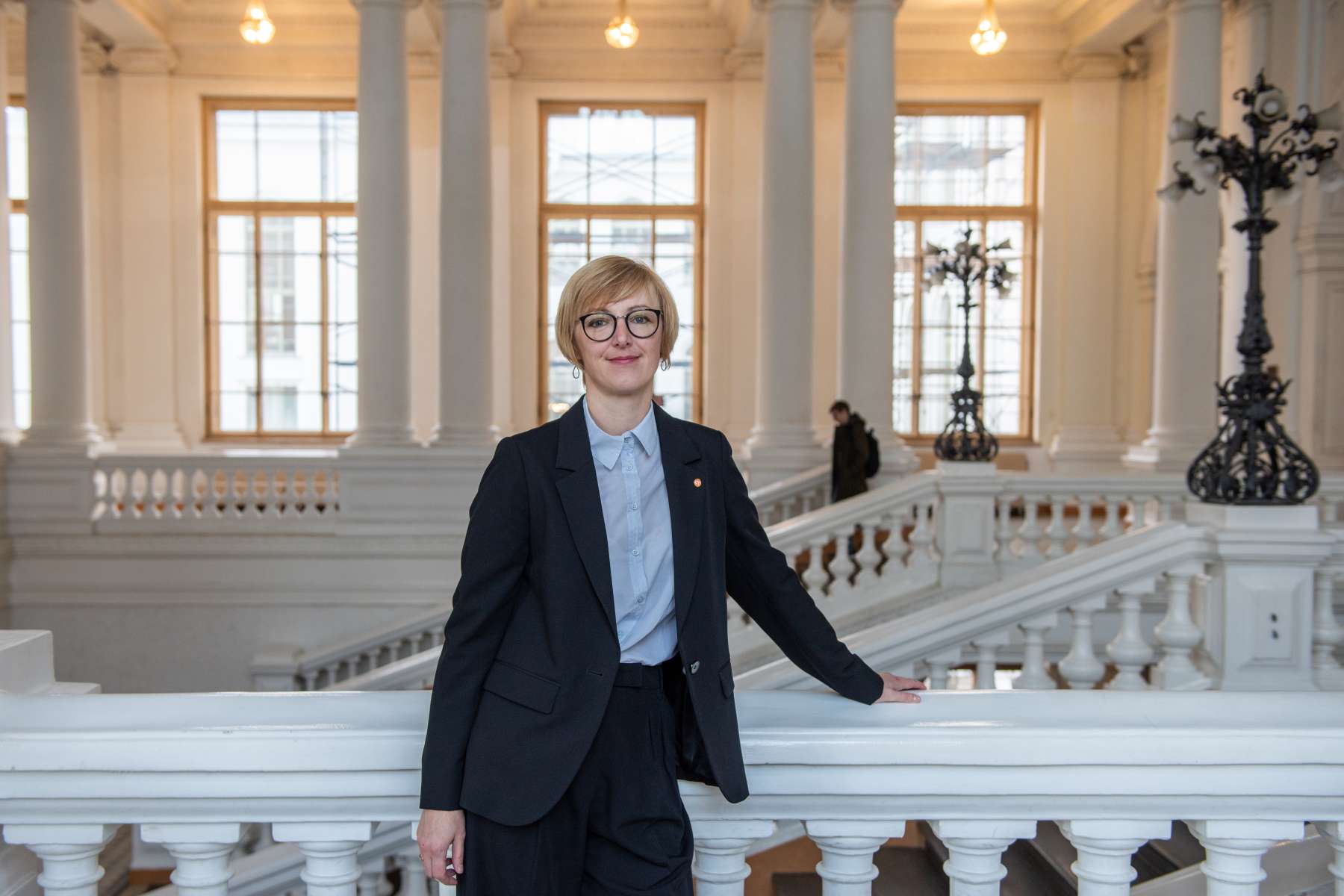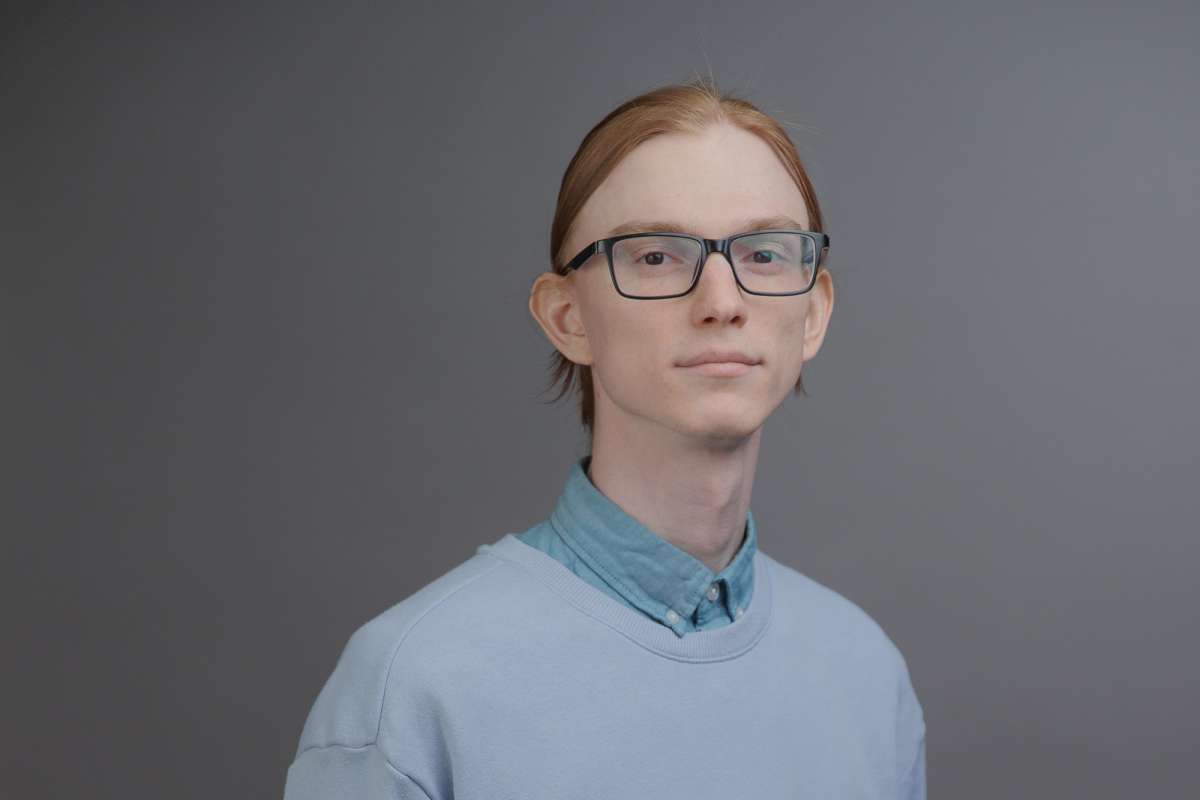Natalia Kurakina: «Don't be afraid of mistakes and always preserve your curiosity»

Today we are talking to Natalia Kurakina — Candidate of Technical Sciences, Associate Professor at the Graduate School of Electric Power Systems and Head of the Institute of Energy's Postgraduate Training Program.
Natalia Konstantinovna, could you share your story: how did you come into science and education?
Since high school, physics and mathematics have been my main passions. The Faculty of Physics of St. Petersburg State University was a conscious choice. I passed the entrance exams successfully, with the highest grades in physics and mathematics. In the walls of St. Petersburg State University I received fundamental knowledge in physics. During my studies I worked part-time in a company producing optical equipment. Later, when I was already working at the Institute of Electrical Engineering of the Russian Academy of Sciences as a leading engineer, I enrolled in the master's program at Peter the Great St. Petersburg State Polytechnic University. Studying at Politech became a stepping stone for further professional development, which allowed me to combine my experience in commercial structures, fundamental education with practical tasks. And for ten years Politech has become my second home. I graduated from the Master's program with a diploma with honors. Postgraduate studies became a logical continuation of my scientific path. Having completed my postgraduate studies, I successfully defended my PhD thesis on “Synchronous gas switching in high-voltage arc suppression systems with pulse injection”. Then I continued working at Politech and started teaching at the Higher School of Electric Power Systems of the Institute of Energy. Now I am an associate professor at the Higher School of Electrical Power Systems and perform the duties of the head of postgraduate educational programs at the Institute of Energy.
How has your professional experience enriched your teaching methodology and interaction with students? Are there any examples of applying business approaches in the educational process?
Having had many years of experience in a computer systems company, I managed the logistics department. An important part of the work was devoted to negotiations with partners. It was necessary to make quick decisions, especially in non-standard situations and complex conditions. In business, mutual respect and trust, understanding each other's goals and interests, efficiency and competent management of human and material resources are very important, and I transfer this to the educational process.
I teach students to structure tasks clearly, emphasize key objectives and time management, as well as to communicate effectively, solve problems together and work in a team. After all, these skills are valuable not only in their studies, but also in everyday life.
Did you face any difficulties during your master's and PhD studies? What was the most difficult during your graduate and postgraduate studies? How did it affect you?
There were many difficulties. One of the main challenges was combining my studies, scientific work and personal life. This taught me stamina and the ability to balance my resources. Self-organization became a key skill.
A woman in the energy sector is always great! Natalia Konstantinovna, how do you manage to combine a busy career in education with taking care of your family and children? Do you have your own secrets for organizing time?
Work-family balance is not easy, but I always try to plan my time in advance and prioritize clearly to make time for both work and family. It is important to be able to trust my colleagues and mutual understanding is one of the key points in the work process. I devote my free time to my spouse and children. After all, family and the support of loved ones are very important for harmony and success in life and work.
What key trends in the energy sector, in your opinion, will determine the future of this sphere? How do you see the interaction between the energy industry and artificial intelligence technologies?
Digitalization and intellectualization is a key trend in the development of the energy sector in the nearest future. In my area of scientific interest, it is important to develop the production of generator circuit breakers for tripping currents of 100 kA and higher within the framework of import substitution. Plasma generating devices play an important role in additive technologies to create materials with new properties. Creation of digital twins using artificial intelligence technology will help optimize the operation of such equipment, forecast consumption, and manage the power system more efficiently.
And lastly, please give some advice to students seeking a career in science and education. What, in your opinion, is important to consider in this rapidly changing world?
Don't be scared to ask questions. Don't be afraid to make mistakes and always preserve your curiosity. Science is a constant process of inquiry, and failure is an integral part of it. We grow through them and find new solutions. Be able to adapt to change and never lose your passion for knowledge.



-2.jpg)